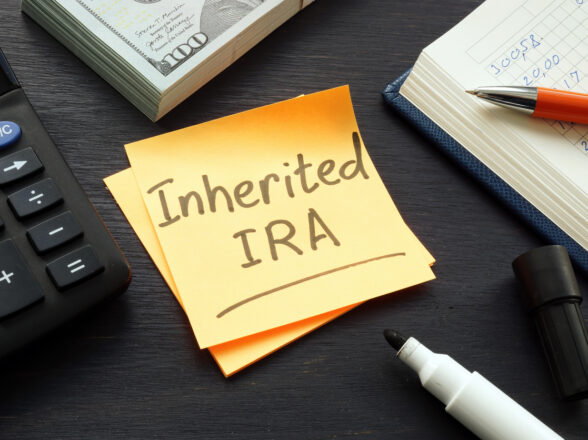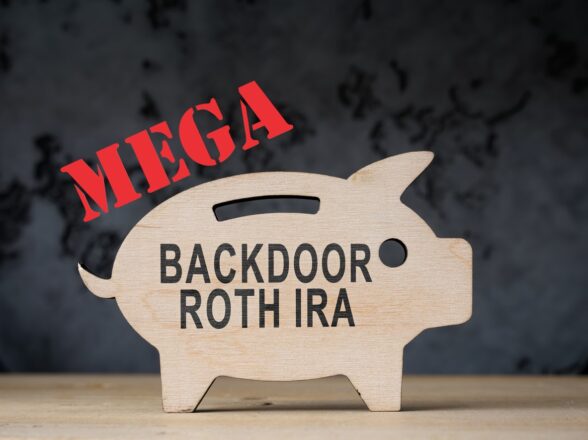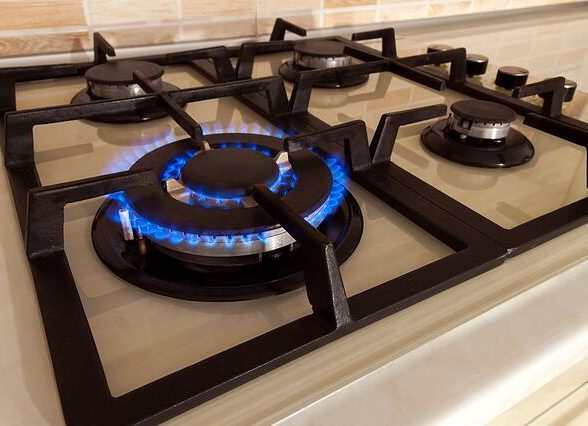Blog
8 Reasons To Put Your House In A Trust

Responsible homeownership has many layers. In addition to the freedom of paint colors and installed shelving, there is also a new stack of legal and maintenance considerations to take care of. Your home is now an important part of your personal estate. Anyone who owns a home needs to put annual thought into regular maintenance and your plans for possible futures. Among the many options for managing homeownership and plans for the future, putting your house in a trust is often the best answer.
A living, revocable trust is a special financial entity designed to hold your assets and apply their use based on your designated conditions. Think of a trust as a collection of assets that are owned/controlled by the guiding Trustee. Additional trustees can be named as those who might take over if you become ill, incapacitated, or deceased. A trust is the leading way to share and gift property to relatives without relinquishing control while the property is relevant to you.
There are seven excellent reasons to put your house in a trust as your estate management solution.
1. Avoid Probate in Inheritance
- Avoid Inheritance Delay
- Reduce Will Executor Costs
- Transfer Property Directly
The process of executing a will upon someone’s death is so traditional that the law is mired in delay and procedure called probate. If you die without a will, a probate court proceeding decides who inherits what. If you die with a will, probate holds the estate in a legal limbo until the will can be authenticated, heard, executed, and even potentially contested. Probate delays how quickly your family and other inheritors can access what you have left to them. Probate of a will also opens the door do legally disputing your wishes.
Home ownership is the last thing you want tied up in probate, especially for the family home. You need your spouse, children, or other heirs to have direct access to the home and all ownership paperwork immediately after your death. A living trust does this by immediately transferring the controlling trustee position to your named successor trustee(s). This way, your home remains safe for residing relatives and can be quickly managed without risk of vacancy if inherited by a non-resident.
2. Easier to Update Than a Will
It’s important to have a will. Without a will, your entire estate automatically falls into probate. A good will acts as a legal safety net in the event of your death, and covers all the necessary details in general terms. But updating your will as your estate and/or family develop can be challenging to keep up with. Rewriting your will to provide in-detail inheritance instructions is often more trouble than most people have time for.
A trust, on the other hand, is a flexible legal asset that is easier to update than rewriting your will. You can add and remove property. You can either write terms of asset control or simply line up successor trustees.
3. Keep Your Affairs Private
Completed wills are matters of public record.
One thing not everyone knows about wills is that, once executed, they become public records. This means that anyone who requests to see the will can legally receive a copy and read it in-full. It’s one of the reasons that wills tend to be generic with other matters of inheritance handled internally or through a trust or family lawyer.
Most people don’t want their personal bequeathments to each family member to be made public. In many cases, a will is used to share information and final sentiments that many would choose to keep private. You can keep things private by handling inheritance through a trust, including documents to share your sentiments in the event of your death.
4. Irrevocable Trust Provides Asset Protection from Estate Taxes
- Revocable Trusts – Living trust, flexible
- Irrevocable Trusts – Permanent terms, estate tax protection
It’s also important to understand the difference between revocable and irrevocable trusts. Revocable trusts, aka living trusts, can be altered and changed at any time. You can add or remove assets from them, change the trustees, and change the conditions of access to the assets.
An irrevocable trust is a contractual arrangement where you place property permanently based on predefined conditions of access. You cannot change it afterward, but it does shield property from estate tax in the event of your death, because you do not control the property inside an irrevocable trust beyond writing the initial terms.
5. Account for Circumstances Other than Death
- Death
- Illness and Incapacitation
- Extended Vacations
Another interesting benefit of a trust is that it handles situations other than your death. If, for example, you become extremely ill or incapacitated, you want your family to have continued legal access to your shared home.
Putting your home in a trust ensures that your spouse, children, or trusted associates will be able to access your home and all its paperwork when you are unable to take care of necessary tasks. Whether you pass on responsibility due to death, illness, or even an extended vacation. Trusts can be flexible, in this way.
6. Dispense Your Wishes with Greater Control
Set inheritance terms like a will.
You can also use a trust to provide greater control over home inheritance. For example, if you want your first child who marries to inherit the house as a family home, this is easier done with a trust than with a will, and easier to defend from disputes of your wishes. You can designate that your home must always be available for children returning home or aging parents.
You can make special dispensations depending on who wants to inherit or take control of the home. While you can write all these conditions into a will, they will be hung up in probate. A trust is simply executed when the designated circumstances arise.
7. Easier to Gift Homeownership
- Transition pre-marital property to your spouse
- Gift a grown child with a house
- Transition property to a business partner
Transferring the ownership of a home is challenging, even in inheritance. However, a trust stands in as the human owner, no matter who the leading trustee is. This means that you can pass on homeownership to your spouse or children immediately after your death or in the event of incapacitation without the delay or costs of transferring the title.
If your inheritors choose to take personal possession of the home afterward, they have plenty of time with full access to tall the necessary legal and financial documents through the trust.
8. Create a Custom Hierarchy of Trustee-Homeowners
- Choose who owns the home under what circumstances
Finally, you can even create a hierarchy of inheritance for homeownership through a trust. Just as with a will, you can establish who will take trusteeship based on conditions and timing. You can leave successor trusteeship to anyone you deem appropriate, in whatever order makes the most sense for your family.
Not only is it easier to leave your home to a spouse or child, but those who want to leave their home to a friend or associate can also more easily name them trustee than transition ownership through a will.
—
Building the right trust for your home, estate, and family plans can be essential to a smart financial plan. We are proud to help clients secure their property and their legacy through trusts and other financial services. Contact us to schedule a one-on-0ne consultation to see how we can help you optimize your outcomes.



































































































